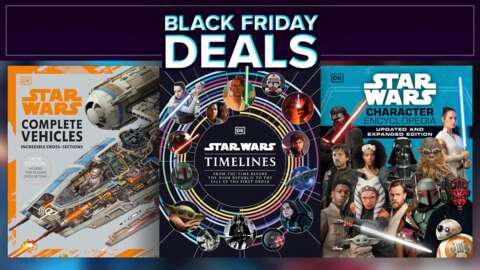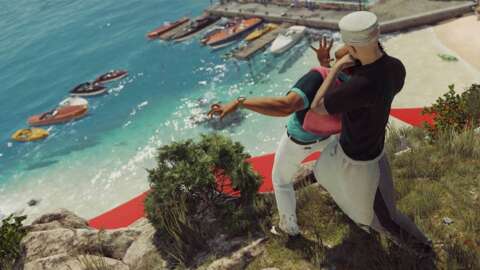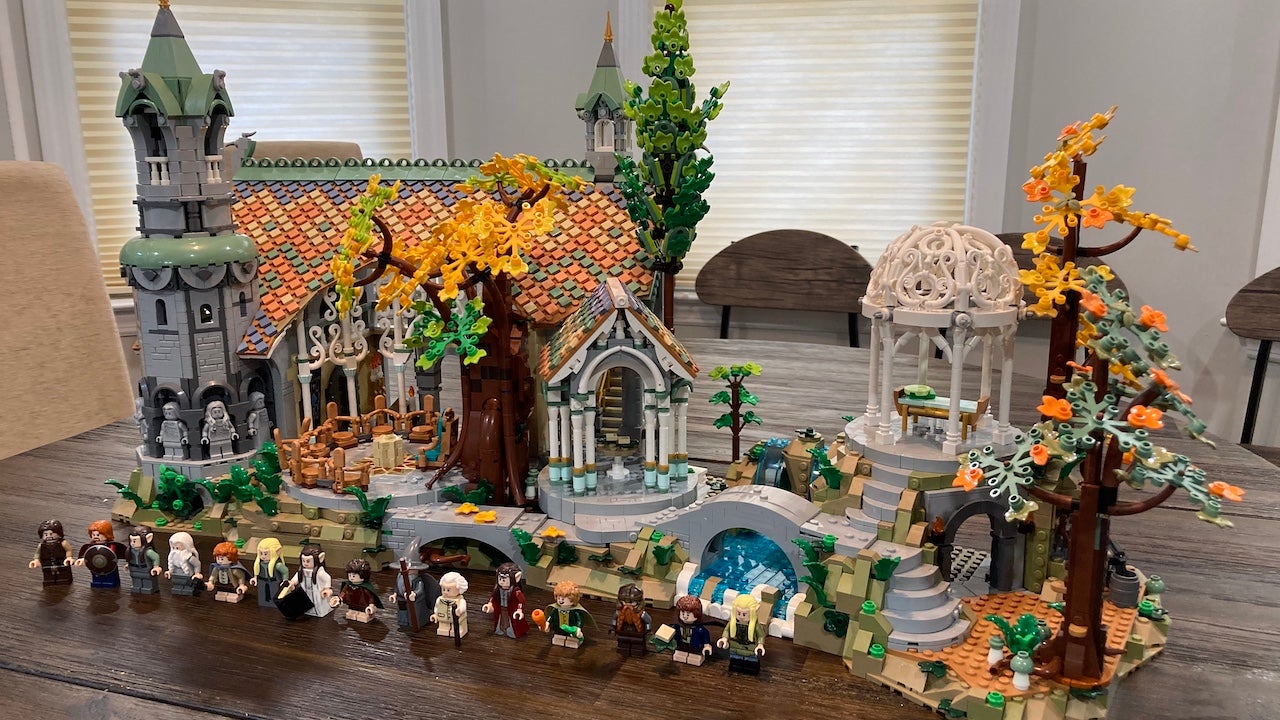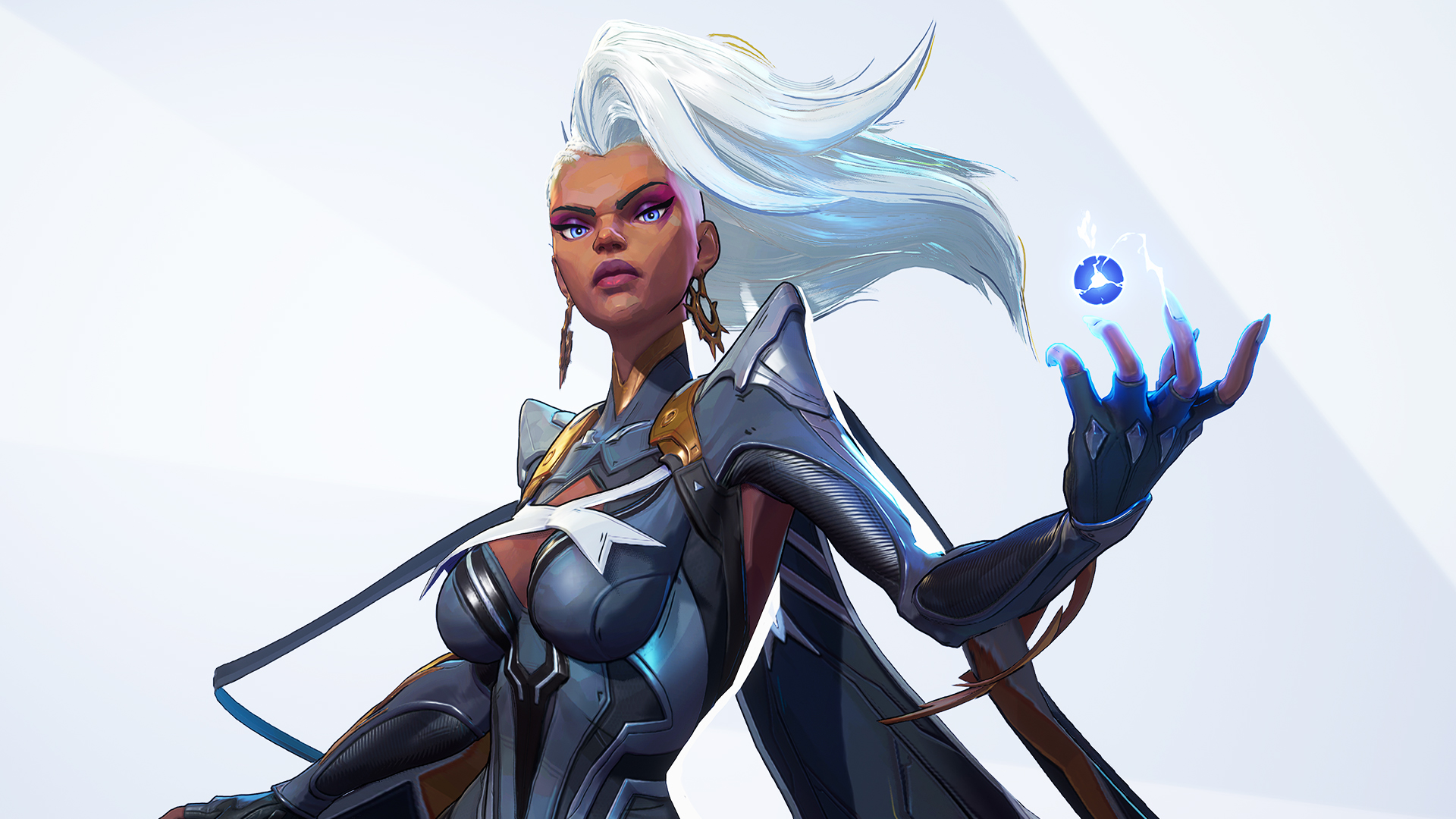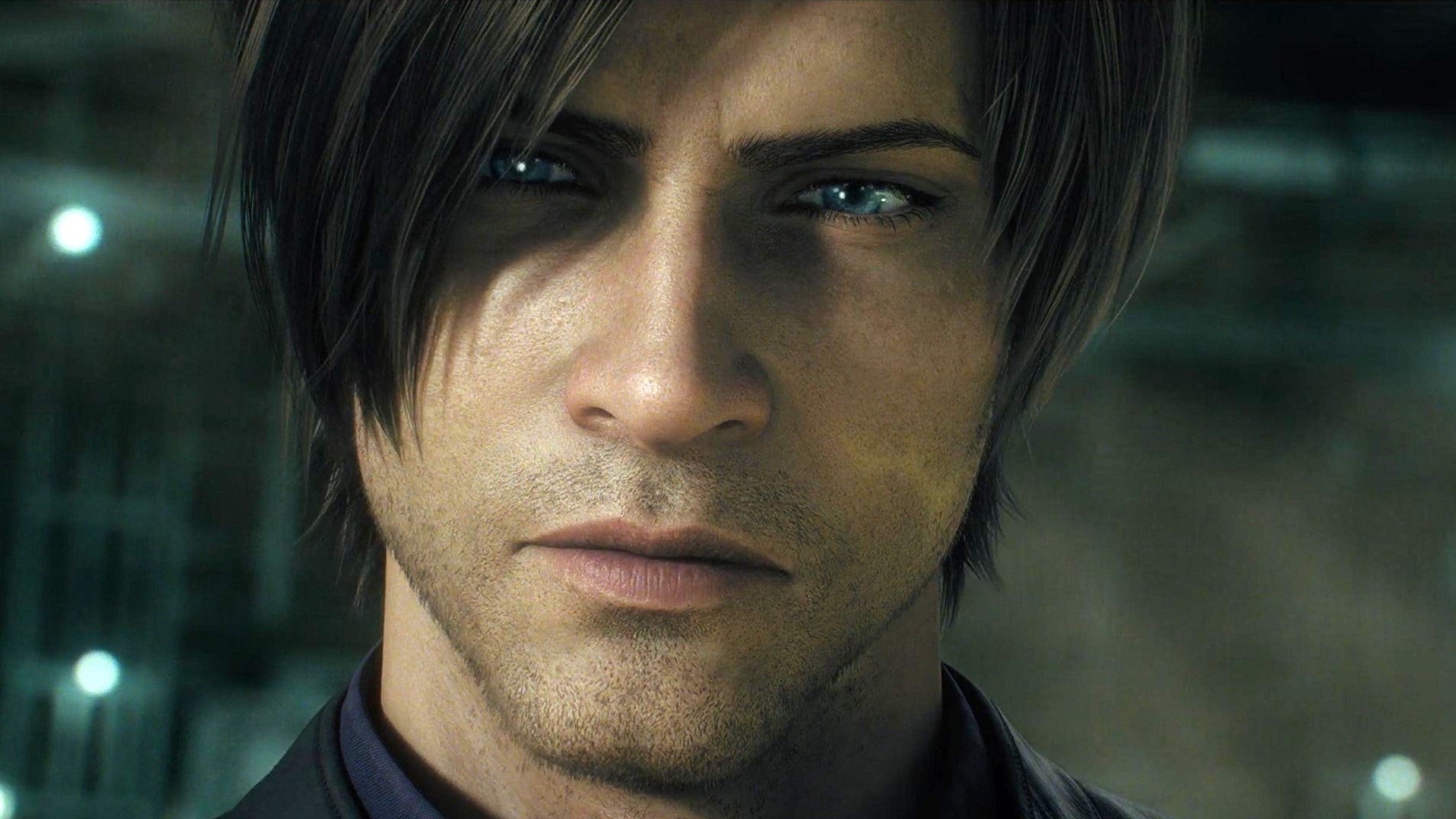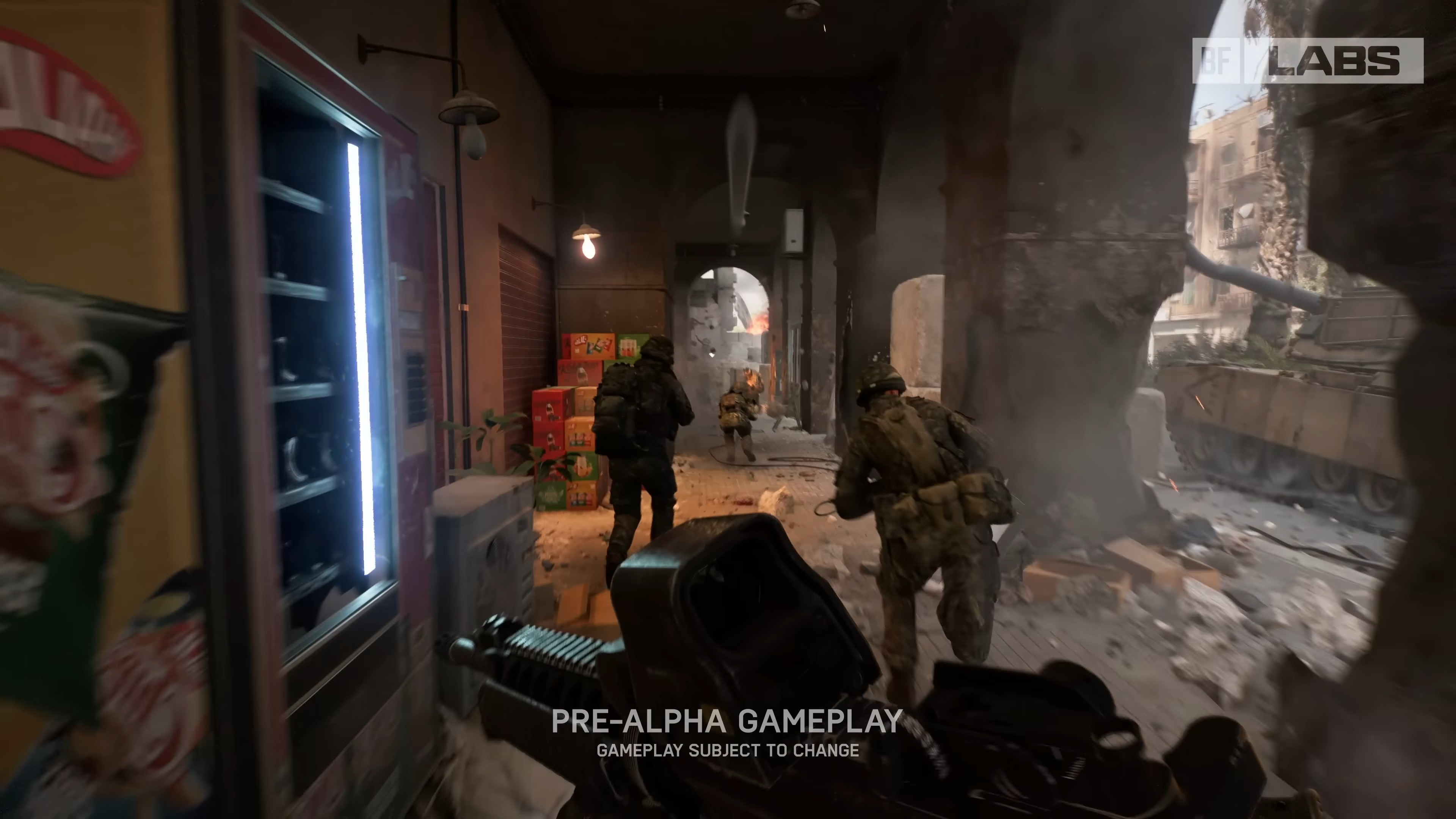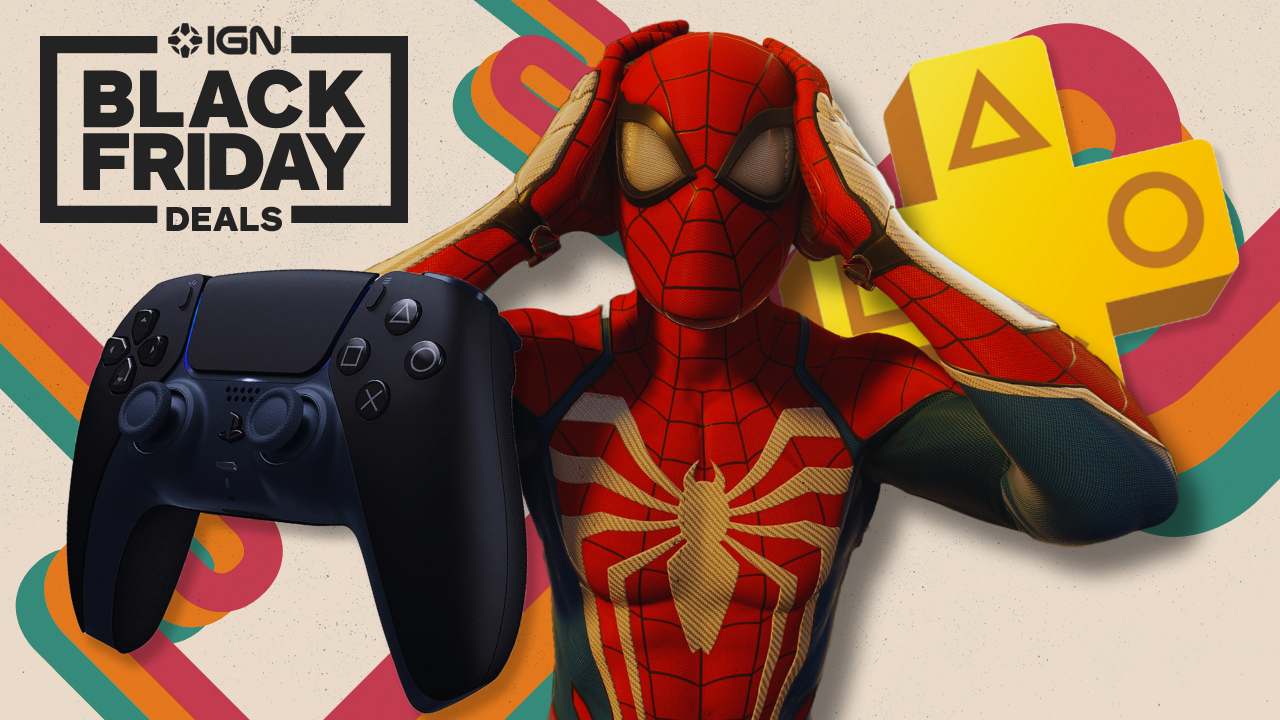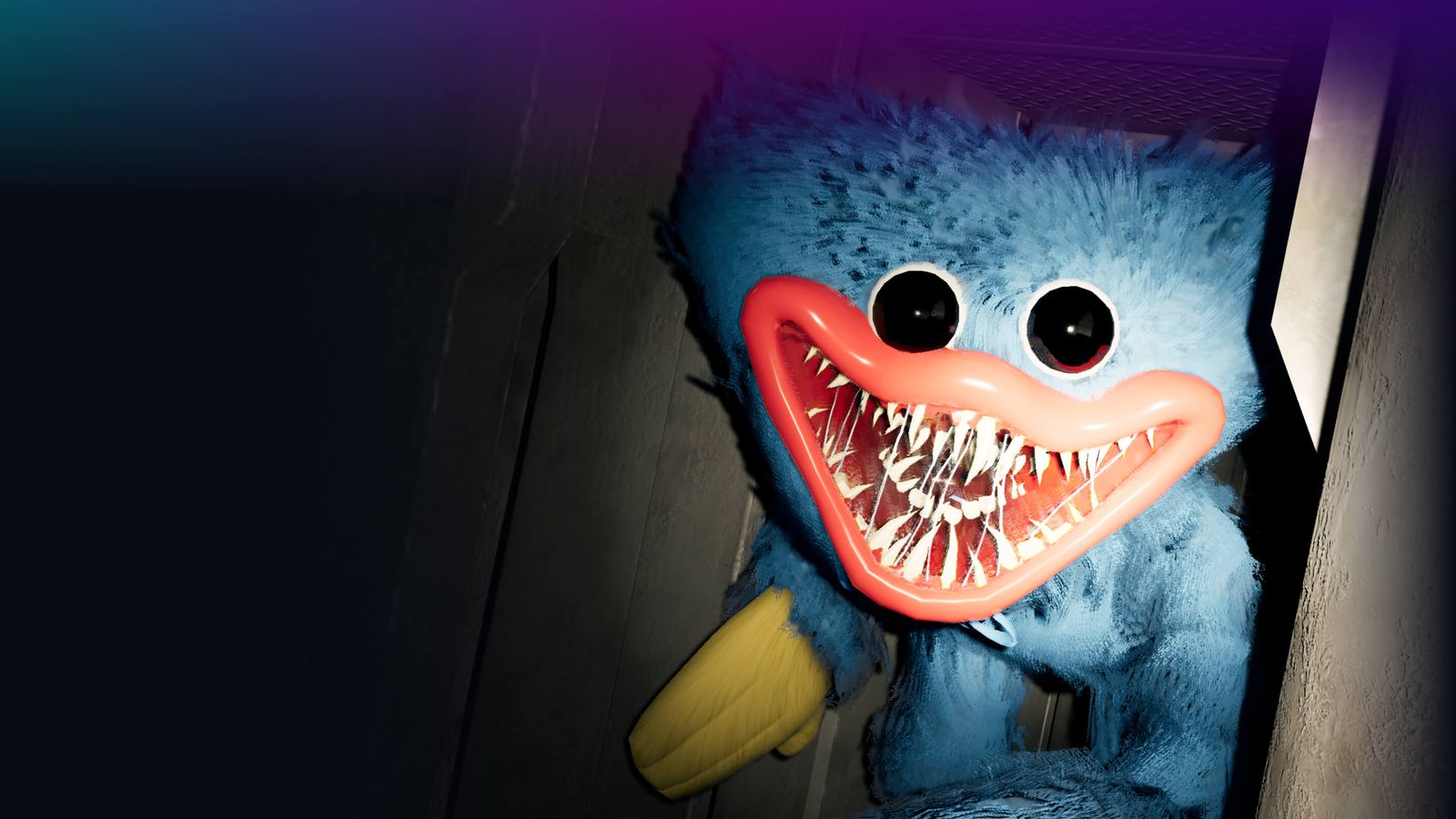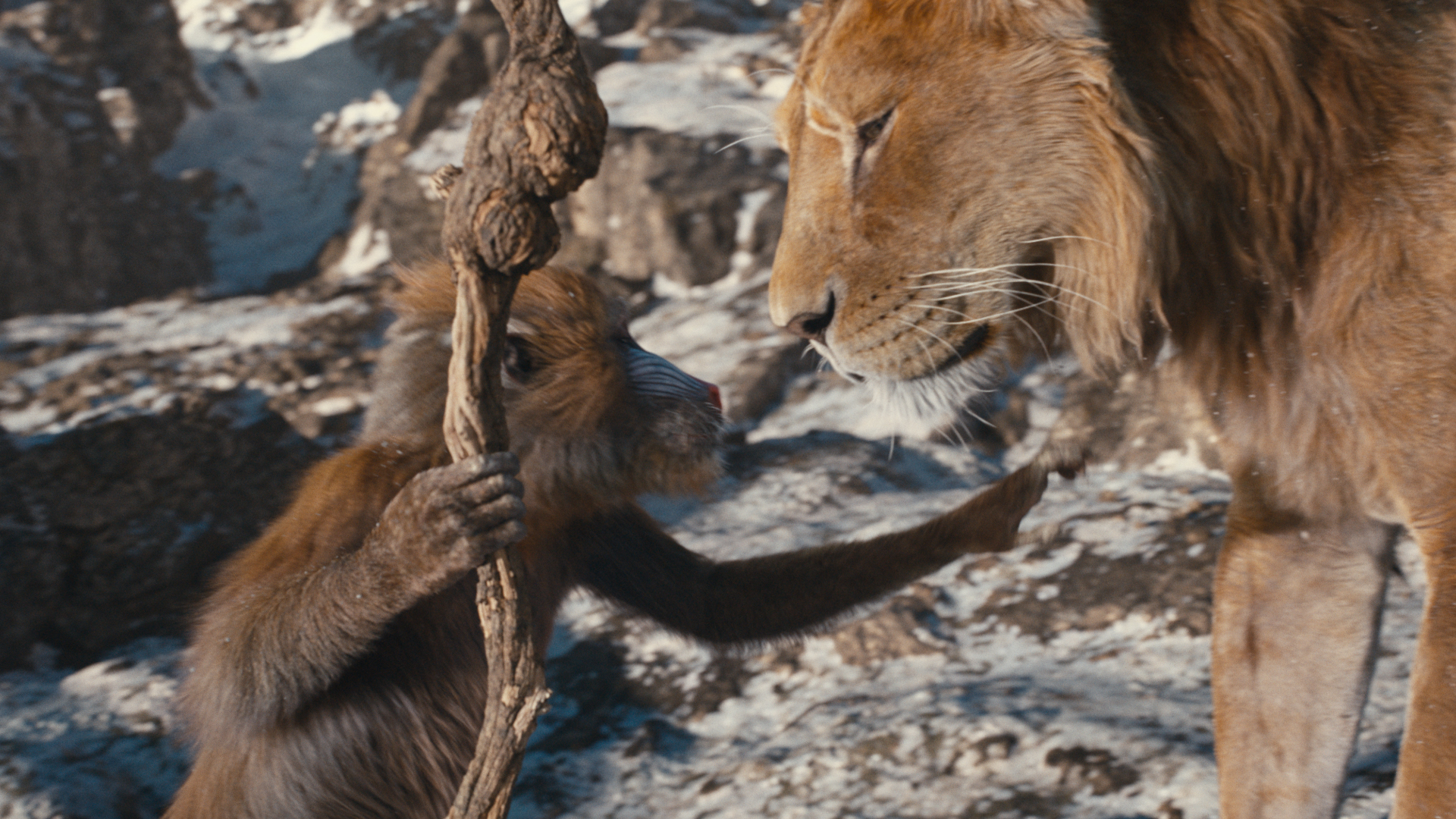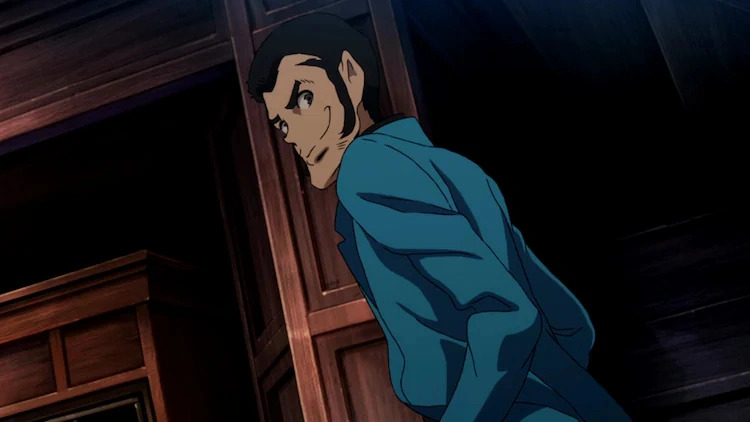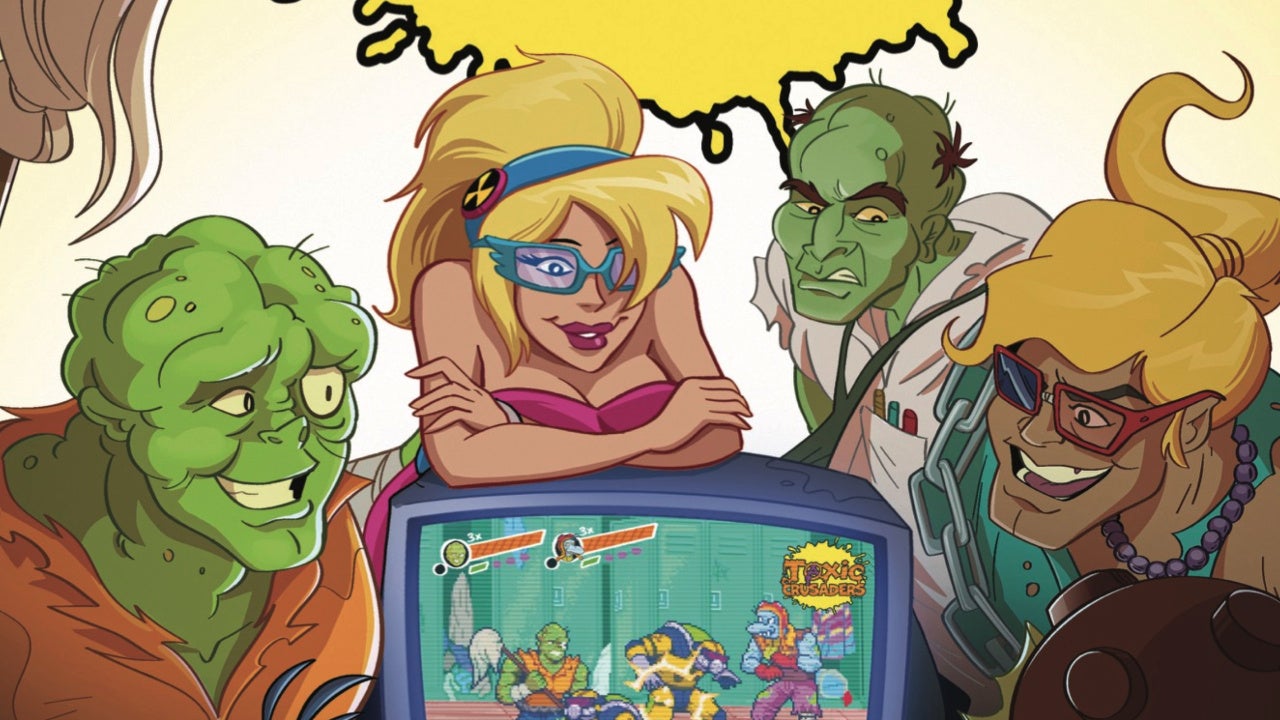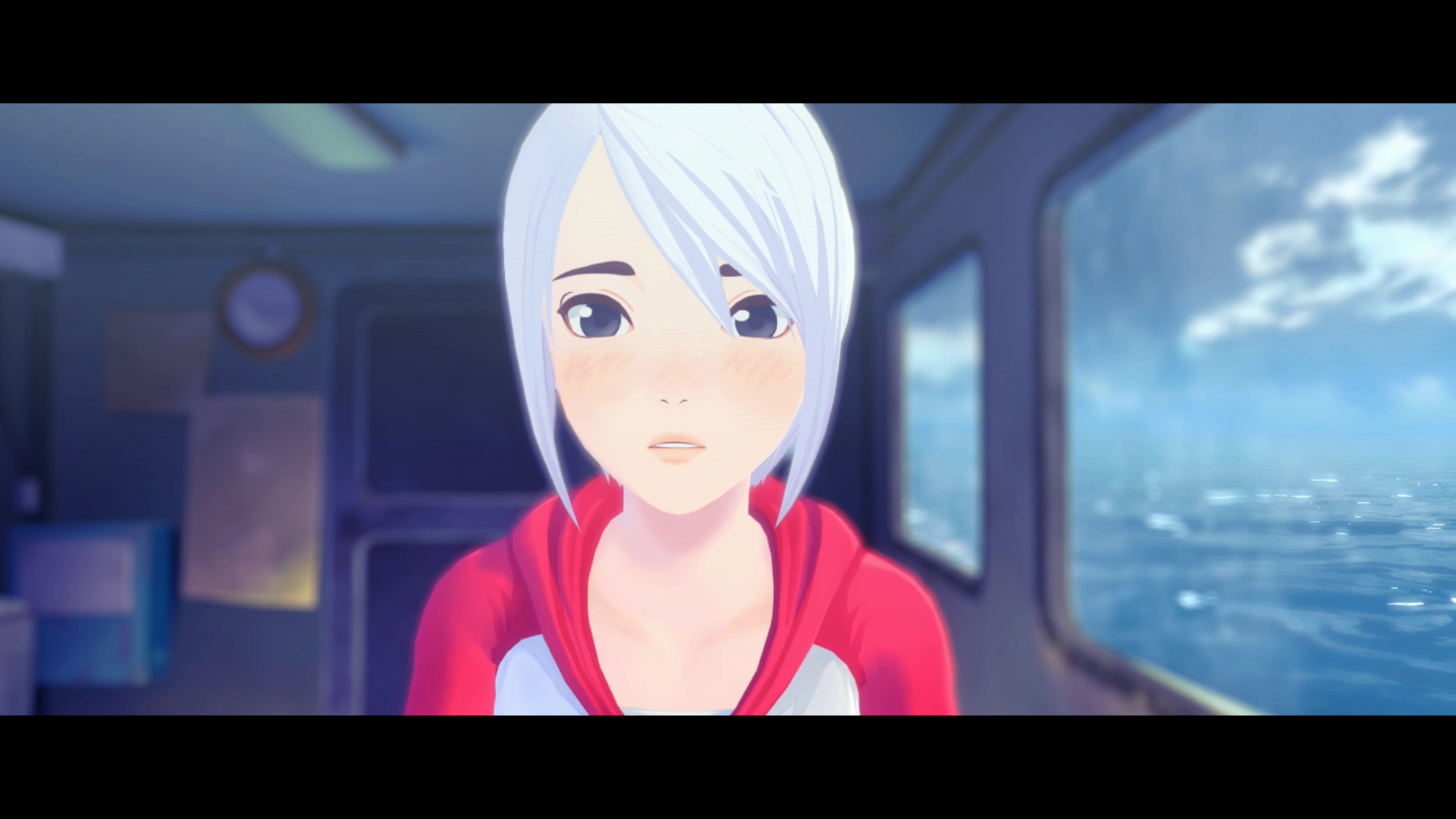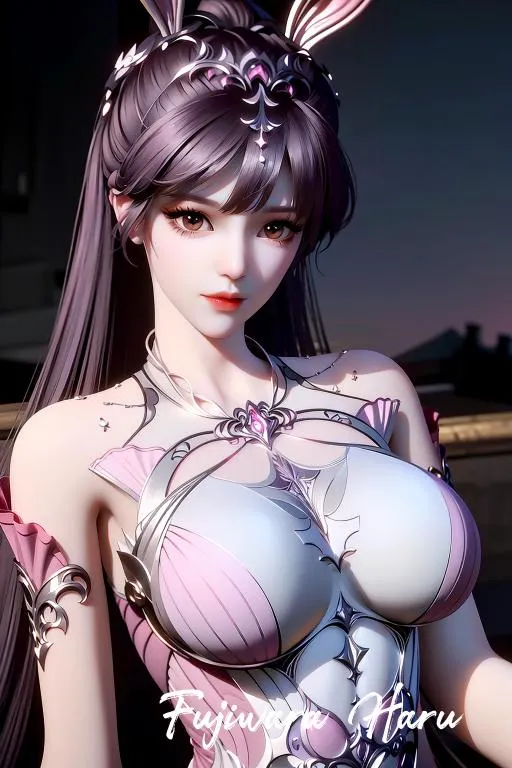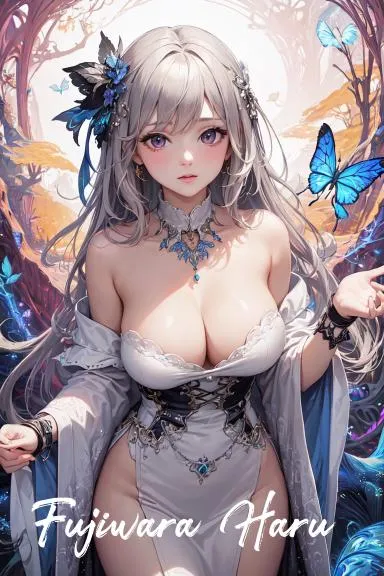The director of Marvel Rivals has discussed the difficulty of successfully entering the packed hero shooter market, pointing to failures like Concord as evidence of the increasing need to have a strong hook that helps convince players to ditch the game they're already invested in for something new.
Sony’s Concord is one of the biggest video game disasters in PlayStation history, lasting just a couple of weeks before it was brought offline amid eye-wateringly low player numbers. Sony later decided to kill the game entirely, and shut its developer.
Concord was the latest in a string of recent hero shooter flops, which includes Rocksteady’s Suicide Squad: Kill the Justice League. Post-launch content for that game comes to an end early 2025, just a year after launch, having left a $200 million hole in publisher Warner Bros.’ finances.
NetEase’s Marvel Rivals, however, appears to have avoided a similar fate. It is a free-to-play live service hero shooter in the Overwatch style and benefits from the power of the Marvel brand, but it clearly clicked with the audience, hitting an impressive 10 million players in just three days.
Speaking to VideoGamer.com, Marvel Rivals game director Thaddeus Sasser said Concord “didn’t bring any unique value proposition,” which contributed to its failure. But speaking more generally about the hero shooter market, Sasser said live service games need a hook to convince players of already successful hero shooters to jump ship having already invested their time and money in those games.
“There’s a switching cost,” Sasser said. “I’ve already invested in Overwatch, I’ve got 15 skins for Pharah, I’m not going anywhere.”
Ultimately, Sasser said, the market is incredibly difficult to predict, and game developers never know how popular their game will be until it’s actually out.
“As a game developer you’re always worried until the audience has responded,” Sasser continued. “The truth is that I don’t think anybody can accurately predict this or the game industry would be radically different today. There’s a lot of games that come out that people are like, ‘It’s going to do well,’ then it flops or people come out and go, ‘It’s going to flop,’ and it succeeds amazingly. So, I think it’s really hard to tell ahead of time and you’re always worried about that.”
As for Marvel Rivals, Sasser suggested its superhero factor is the reason fans are willing to leave their favorite games behind to give it a shot.
“I don’t know about you, but when I heard the concept of the game I was like, ‘Oh my God I want to go be Storm in a game, I want to go be Doctor Strange in a game. I want to be those heroes in the game, that sounds awesome.’ And of course my mind immediately leapt to all the cool possibilities you could have with that. That’s what I think will pull people in as well too. If we’ve done our jobs well, they’ll love what they play and they’ll want to play some more.”
For NetEase, it will be hoping not only to keep Marvel Rivals’ player count as high as possible for as long as possible (something that’s proved particularly tricky for live service games of late), but to make enough money from players to meet the company’s internal revenue projections. To that end, Marvel Rivals sells a battle pass and premium skins, but are they convincing players to open their wallets? Early signs suggest they are — Marvel Rivals is the second top-selling game on Steam by revenue, behind only Grinding Gear Games’ action RPG Path of Exile 2.
Keep an eye on the latest Marvel Rivals codes for free skins, and vote on the strongest Marvel Rivals characters in our community tier list.
Wesley is the UK News Editor for IGN. Find him on Twitter at @wyp100. You can reach Wesley at wesley_yinpoole@ign.com or confidentially at wyp100@proton.me.

